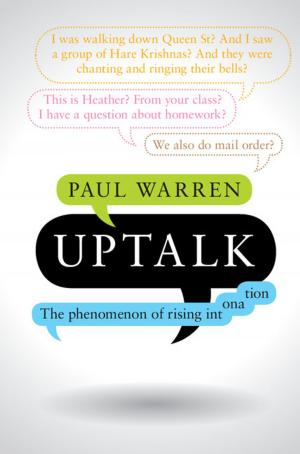Institutional Slavery
Slaveholding Churches, Schools, Colleges, and Businesses in Virginia, 1680–1860
Nonfiction, History, Americas, United States, Colonial Period (1600-1775), Business & Finance| Author: | Jennifer Oast | ISBN: | 9781316494462 |
| Publisher: | Cambridge University Press | Publication: | January 5, 2016 |
| Imprint: | Cambridge University Press | Language: | English |
| Author: | Jennifer Oast |
| ISBN: | 9781316494462 |
| Publisher: | Cambridge University Press |
| Publication: | January 5, 2016 |
| Imprint: | Cambridge University Press |
| Language: | English |
The traditional image of slavery begins with a master and a slave. However, not all slaves had traditional masters; some were owned instead by institutions, such as church congregations, schools, colleges, and businesses. This practice was pervasive in early Virginia; its educational, religious, and philanthropic institutions were literally built on the backs of slaves. Virginia's first industrial economy was also developed with the skilled labor of African American slaves. This book focuses on institutional slavery in Virginia as it was practiced by the Anglican and Presbyterian churches, free schools, and four universities: the College of William and Mary, Hampden-Sydney College, the University of Virginia, and Hollins College. It also examines the use of slave labor by businesses and the Commonwealth of Virginia in industrial endeavors. This is not only an account of how institutions used slavery to further their missions, but also of the slaves who belonged to institutions.
The traditional image of slavery begins with a master and a slave. However, not all slaves had traditional masters; some were owned instead by institutions, such as church congregations, schools, colleges, and businesses. This practice was pervasive in early Virginia; its educational, religious, and philanthropic institutions were literally built on the backs of slaves. Virginia's first industrial economy was also developed with the skilled labor of African American slaves. This book focuses on institutional slavery in Virginia as it was practiced by the Anglican and Presbyterian churches, free schools, and four universities: the College of William and Mary, Hampden-Sydney College, the University of Virginia, and Hollins College. It also examines the use of slave labor by businesses and the Commonwealth of Virginia in industrial endeavors. This is not only an account of how institutions used slavery to further their missions, but also of the slaves who belonged to institutions.















